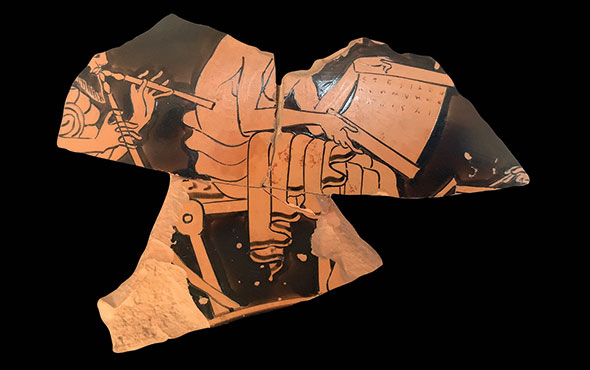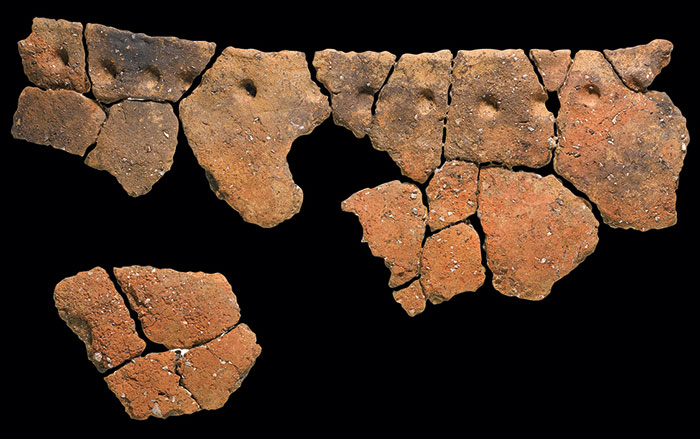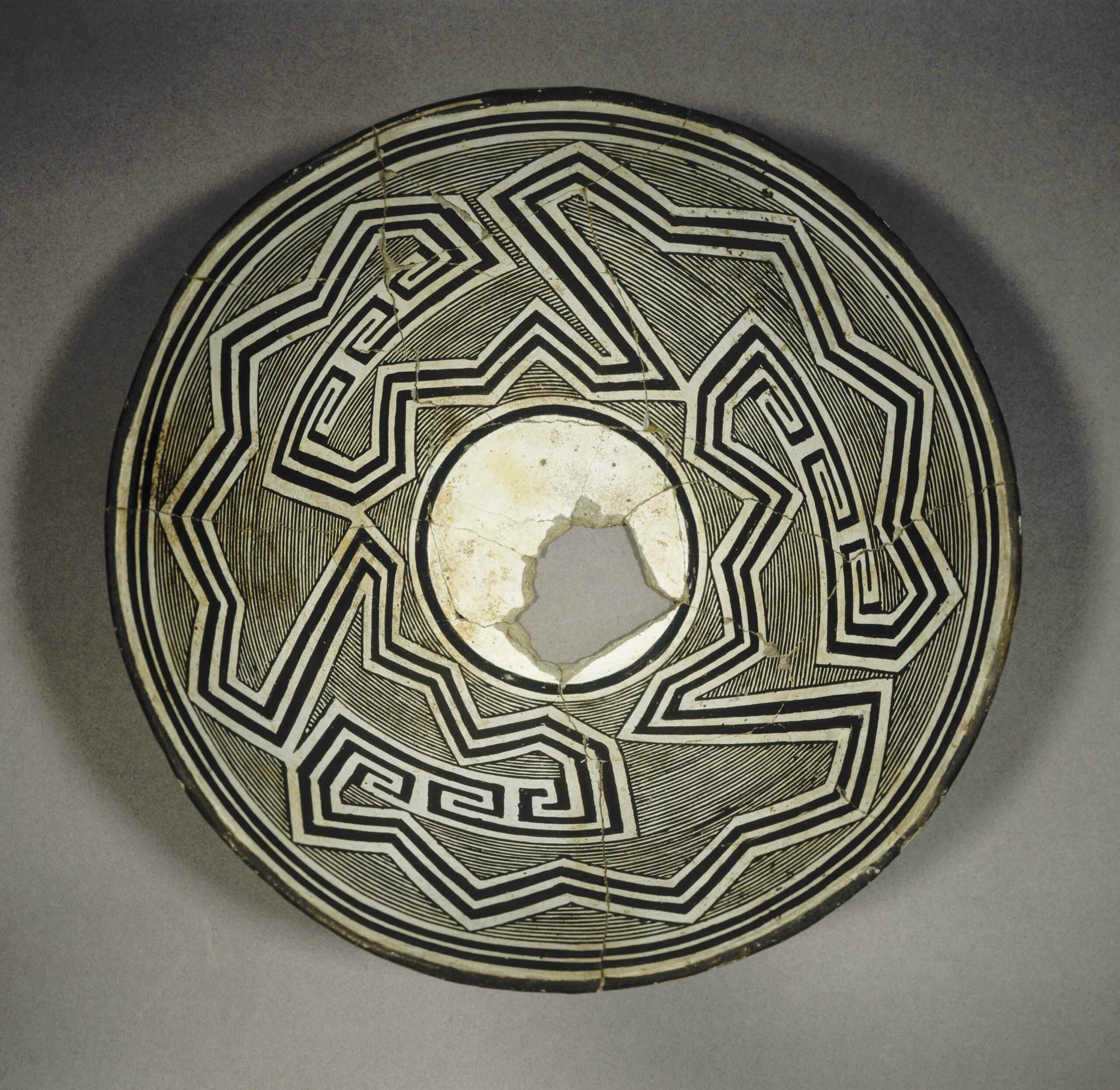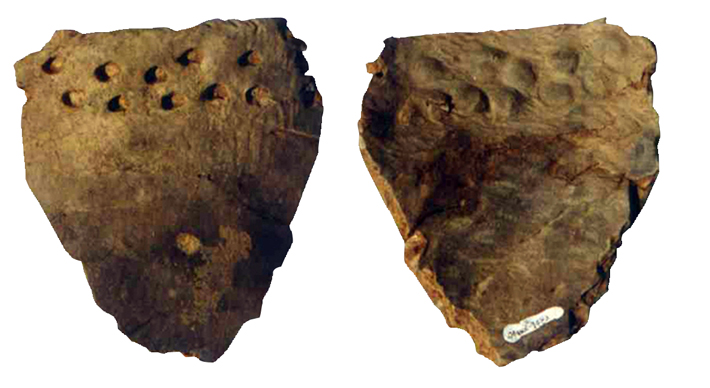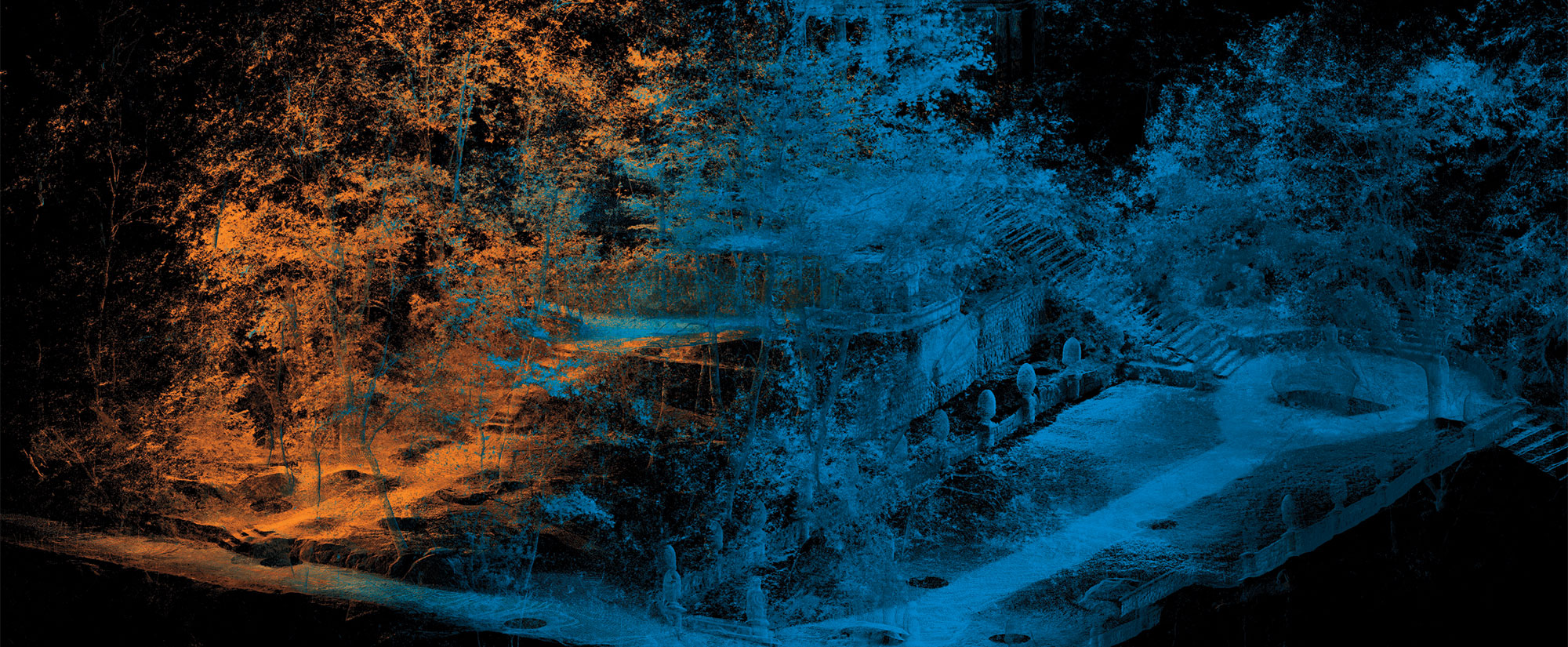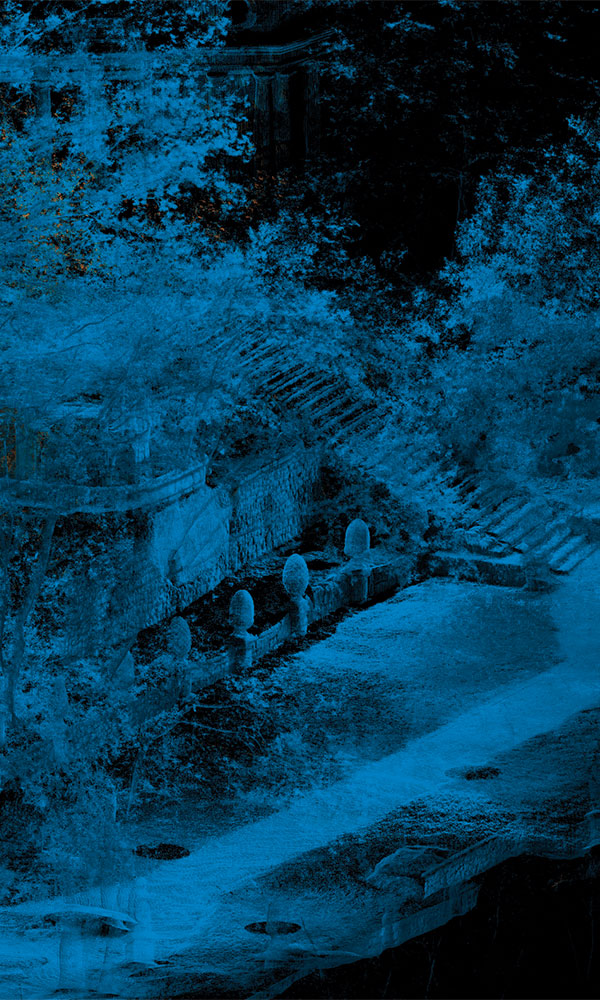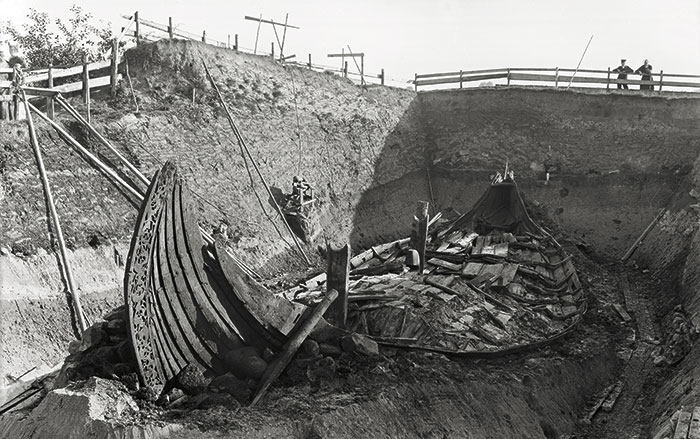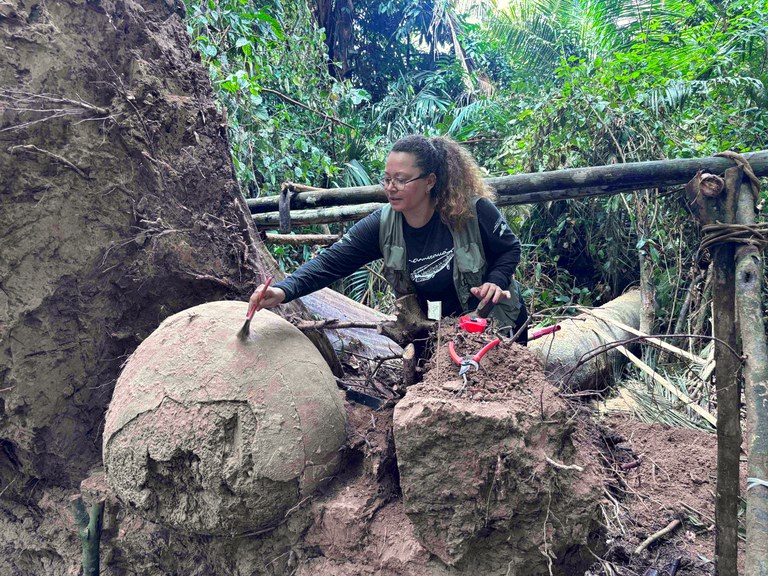
LAGO DO CHOCILA, BRAZIL—When a 50-foot Paricarana tree recently toppled in the Brazilian Amazon region of Fonte Boa, it revealed a collection of ceramic vessels buried by an unknown pre-Columbian culture centuries—or even millennia—ago. According to a Live Science report, archaeologists called to the site recovered seven vessels, two of which measured more than three feet in diameter, that they believe are funerary urns. Some contained human bones, while others held a mixture of seeds and the remains of fish, frogs, and turtles that were likely part of a funerary ritual. The vases were found within an artificial earthen island that had been built to create dry community living space above the surrounding floodplain. The urns may have been deposited in the floor of a house, as was typically part of local funerary traditions. According to researchers, the deceased were typically left in a basket in the water until fish consumed the body’s soft tissues. The skeletal remains were then cremated, placed in an urn, and buried beneath a house. To read about evidence of feasting recovered from mounds built more than 1,200 years ago on the coast of southern Brazil, go to "Something's Fishy."


